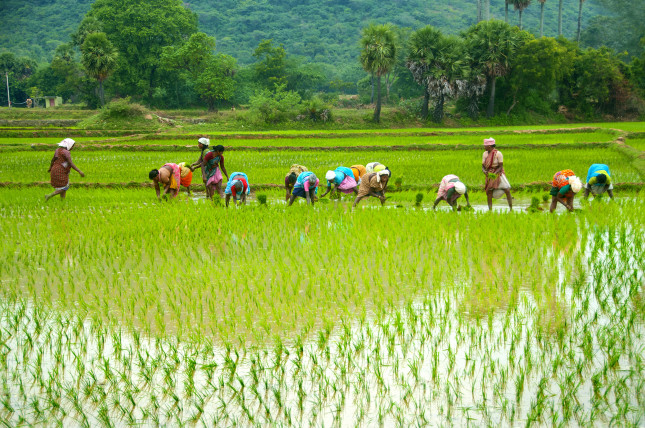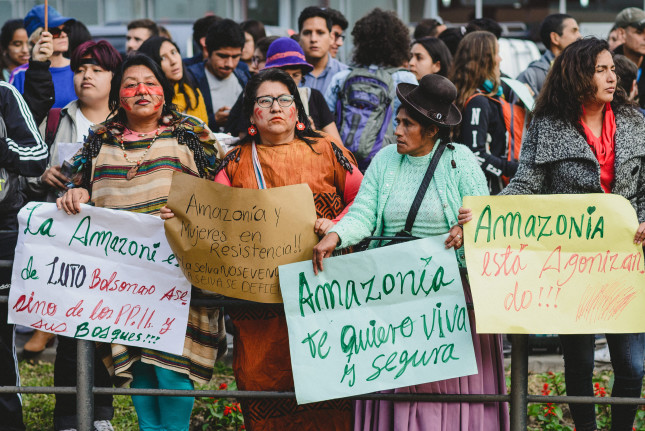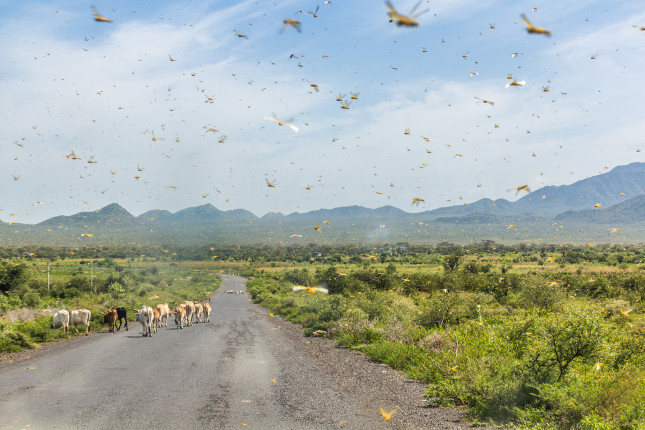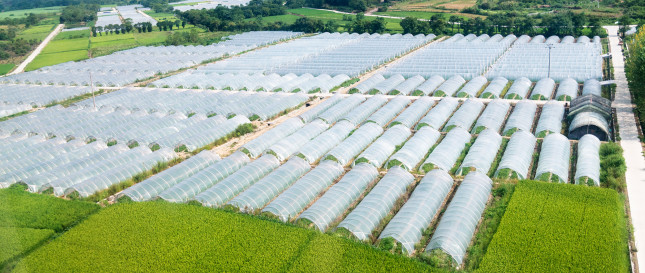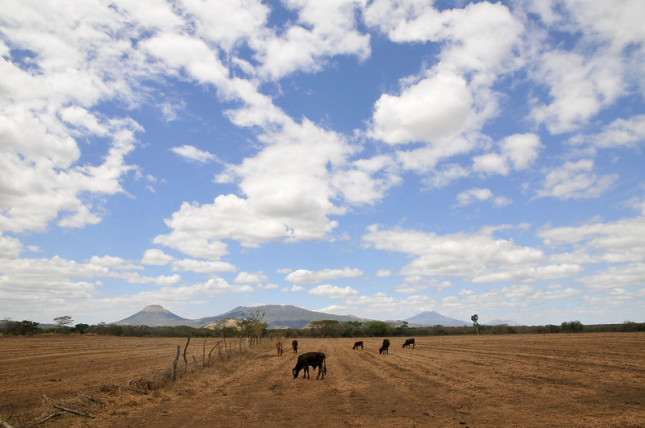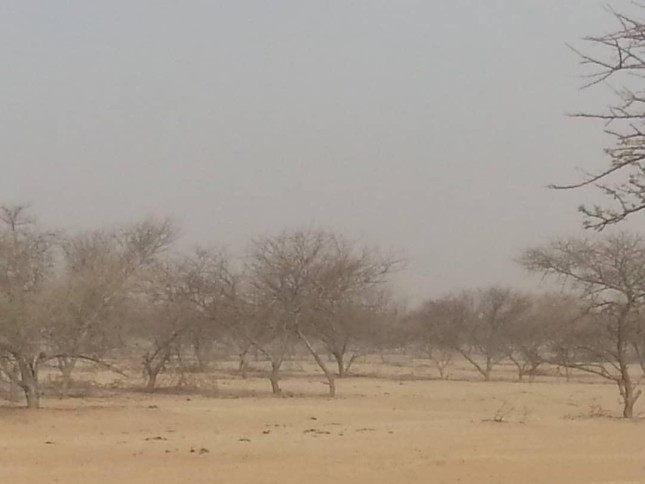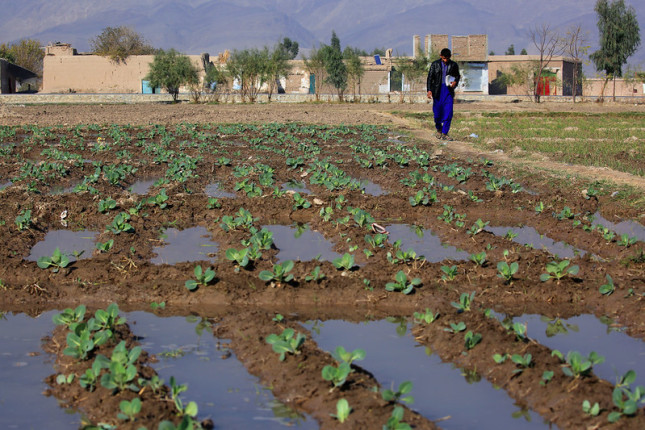-
Why Securing Youth Land Rights Matter for Agriculture-Led Growth in Africa
›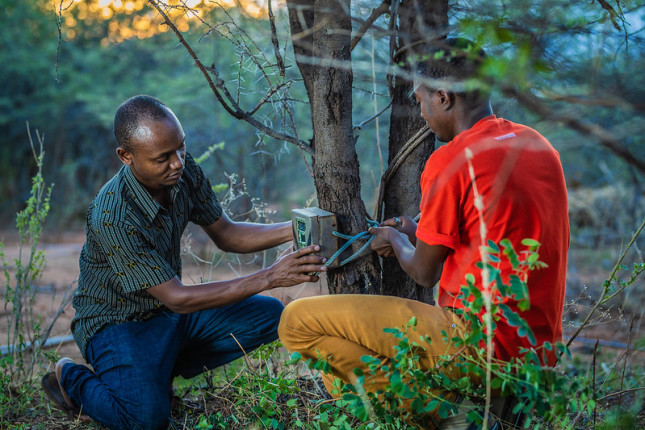
Africa’s “youth bulge” represents both an enormous challenge and a tantalizing opportunity for the continent. With over 60 percent of Africans under the age of 35, governments are under increasing pressure to grasp the “demographic dividend” youth represent to boost agricultural productivity, enhance food security, and expand economic opportunities for young men and women. Each year, about 10-12 million young Africans aged 15-24 enter the labor market, but only 3.1 million formal wage jobs are generated, pushing millions of youth into low paying and precarious informal employment.
-
Agriculture’s Achilles’ Heel: Water Insecurity Is the Greatest Threat to Sustaining Global Food Production
›
Simply put, without water there is no food. Global food and nutritional security require resilient agricultural systems, which, in turn, depend on reliable and sustainable supplies of freshwater, whether from rainfall or irrigation. It is an often-neglected dependency, and one that threatens to undermine our ability to meet our future food needs and maintain the ecosystems upon which all life depends.
-
Protecting Brazil’s Forests Could Boost Economic Development
›The dry season returned to Brazil’s Amazon region in late July—and with it, forest fires, largely human-made. After making substantial progress in reducing deforestation in the 2000s and early 2010s, Brazil has reversed course and deforestation is rising. In the Amazon, this season has been the worst in more than a decade in number of fires, and second worst in terms of total deforestation, according to satellite data from Brazil’s National Institute of Space Research (INPE), which monitors the situation.
-
A Plague of Ravenous Locusts Descends on East Africa, Jeopardizes Food Security
›May 18, 2020 // By Wania Yad
Weeks before most of the world began to take the spread of COVID-19 seriously, Africa was already threatened by another plague, the biggest locust outbreak in the last 70 years. Locusts swarmed into Ethiopia, Kenya, Somalia, Uganda, and South Sudan in January and February this year. Those hordes of voracious locusts laid eggs, and now the second wave, 20 times the size of the first group, is arriving. According to Locust Watch, “The current situation in East Africa remains extremely alarming as more swarms form and mature in northern and central Kenya, southern Ethiopia, and probably in Somalia.”
-
China Increasing Agricultural Production on a Sea of Plastic
›
I saw plastic greenhouses as far as the eye can see from the train as I traveled across Shandong Province to visit the Shandong Academy of Agricultural Sciences. Ninety percent of the world’s plastic greenhouses are in China, covering 3.3 million hectares, about the area of Maryland, with the majority in Shandong.
-
Local Solutions Needed to Stem Humanitarian Crisis in Central America’s Dry Zone
›
As the humanitarian community responds to the Covid-19 pandemic, other long-term pressing priorities persist and require innovative solutions. The dry zone which extends across Central America encompassing parts of Guatemala, Honduras, El Salvador, and Nicaragua and a 10-year drought has left 1.4 million people in urgent need of food assistance. The impact of climate change, which includes extreme drought, poses an ever-increasing risk across Central America and contributes not only to food insecurity but also to migration issues that have plagued the continent in recent years.
-
How Gum Acacia Trees Could Help Build Peace in the Sahel
›
A special type of tree could facilitate peacebuilding in the Sahel. A stretch of semi-arid land south of the Sahara that runs from the Red Sea to the Atlantic Ocean through 10 countries (Eritrea, Sudan, Chad, Niger, Nigeria, Burkina Faso, Mali, Algeria, Mauritania, and Senegal). But the western subregion covering the Lake Chad area (the intersection of Chad, Cameroon, Nigeria, and Niger) and Liptako-Gourma (the tri-border zone of Burkina Faso, Mali, and Niger) in the Sahel has been the scene of a growing humanitarian crisis. Armed groups are terrorizing local populations. Rampant insecurity has forced 1 million people to flee their homes. People have been cut off from their livelihoods. Food insecurity is worsening. Casualties continue to mount. And climate change will likely exacerbate conditions, forcing more people to compete for depleted forest resources and land. More food shortages and instability will surely follow.
-
How Natural Resources Could Help Build Peace in Afghanistan
›
Potential water wars due to plans for multiple dams, violent opium cartels supporting world heroin markets, and many conflict-financing minerals including everyday talc used for baby powder. These are the types of natural resources stories that usually make front page news about Afghanistan. But natural resources have a significant role to play in stabilizing Afghanistan. Instead of being a source of conflict, they may help with peacebuilding by creating livelihoods and creating opportunities for ex-combatants.
Showing posts from category agriculture.


